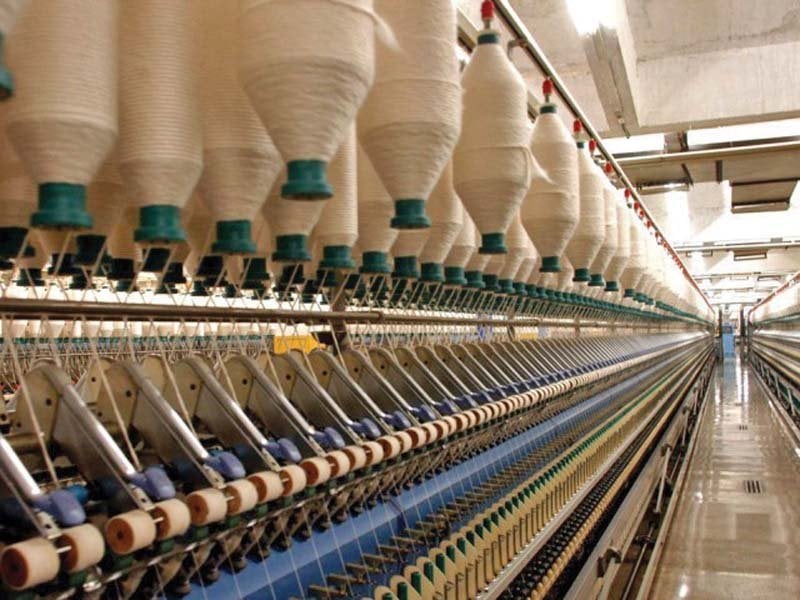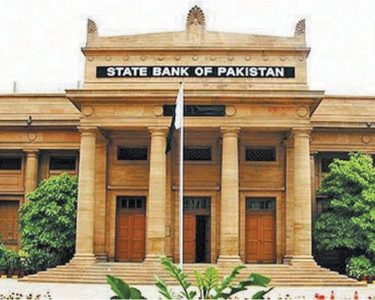KARACHI:
All Pakistan Textile Mills Association (Aptma) Southern Zone Chairman Naveed Ahmed has described the Economic Coordination Committee’s (ECC) recent decision to increase gas tariff for captive power plants (CPPs) from Rs3,000 per million British thermal units (mmBtu) to Rs3,500 per mmBtu as anti-export, which will be disastrous for the textile industry having 60% share in exports of the country.
He demanded that the federal government reverse its decision of the unprecedented increase in gas tariff to make textile exports competitive in the international market, which had been continuously eroded by the surge in energy prices over the last two years.
He said the government increased gas tariff for CPPs only while tariffs for all other sectors including fertiliser and processing firms as well as domestic consumers had been left unchanged. “This targeted discrimination is not acceptable.”
Naveed Ahmed said the recent 16.7% increase in tariff for industries having CPPs and using gas for electricity generation to operate mills was the final nail in the coffin of the export-oriented textile industry.
He called textile sector the backbone of Pakistan’s exports, which was not only earning much-needed foreign exchange but was also providing employment to millions of workers directly or indirectly.
Owing to an astronomical hike of 311% in gas tariff in the last two years, he said, the textile industry was becoming uncompetitive in the international market as energy costs accounted for a large share in the cost of goods production. “With the highest energy cost in the region, highest cost of borrowing and taxes, Pakistani textiles will be uncompetitive in the international market.”
Hence, the recent increase in gas tariff would not only prove to be detrimental to the export growth target set by the prime minister in Uraan Pakistan but would also result in losing the hard-earned overseas markets.
The Aptma southern zone chairman pointed out that the industry had invested billions of rupees in gas-based power generation for uninterrupted supplies for their own consumption as power distribution companies in Sindh and Balochistan did not have the capacity to provide the required load of electricity to the industry.
The government was trying to encourage the use of grid electricity instead of power produced by CPPs, without realising that the policy was not implementable in Sindh and Balochistan due to poor capacity and inconsistency in supply of grid electricity, he added.




